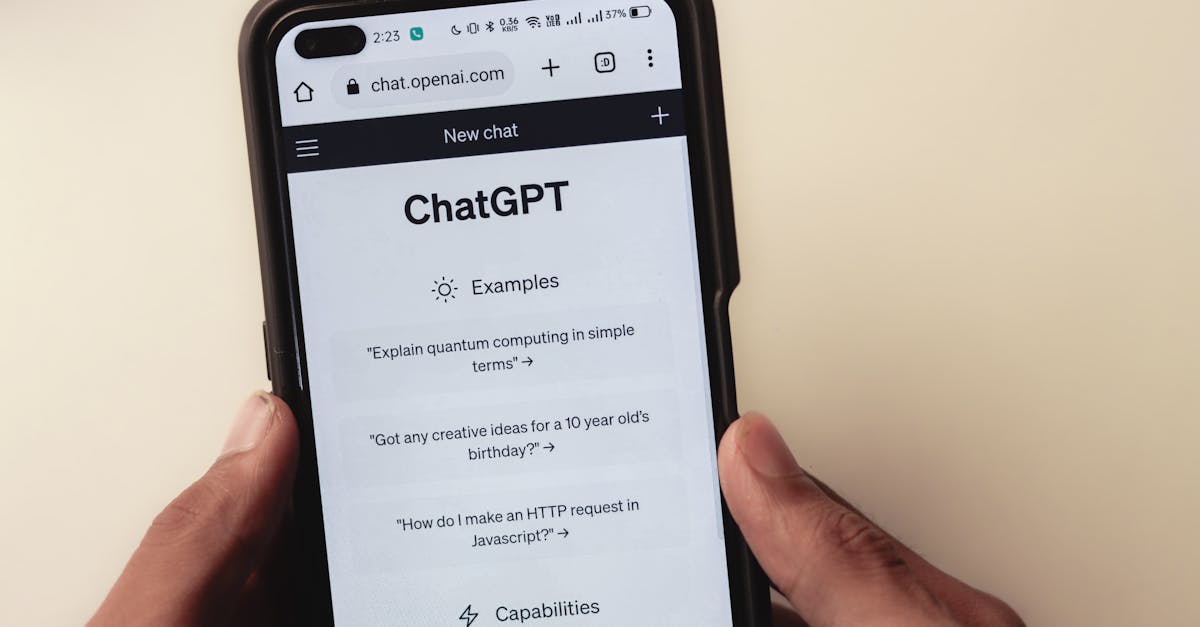
Transforming Digital Landscapes: How AI is Shaping Accessibility for Everyone
As technology continues to advance, the digital landscape has become increasingly complex and diverse. With an ever-growing number of devices, platforms, and content types, ensuring accessibility for everyone can be a daunting task. However, the rise of Artificial Intelligence (AI) is providing innovative solutions that are transforming this landscape in ways that were once unimaginable.
The Rise of AI
Artificial Intelligence refers to the simulation of human intelligence in machines that are programmed to learn and solve problems. It has been making waves across various industries, revolutionizing everything from healthcare to transportation. In the realm of accessibility, AI is playing a pivotal role in breaking down barriers and enabling people with disabilities to fully participate in the digital world.
Improving Web Accessibility
One of the most significant challenges faced by people with disabilities is navigating websites that are not designed with their needs in mind. This can lead to frustration and exclusion, which directly contradicts the principles of inclusivity and equality. AI-powered tools like screen readers and speech recognition software have been instrumental in addressing this issue.
Screen Readers
Screen readers are assistive technologies that convert digital text into speech or braille, allowing users with visual impairments to interact with websites more easily. AI has greatly improved the accuracy and efficiency of these tools by enhancing their ability to interpret complex layouts and understand context.
Speech Recognition Software
For individuals with motor disabilities, using a keyboard or mouse can be difficult or impossible. Speech recognition software enables these users to navigate websites and interact with content using their voices alone. AI has significantly advanced the accuracy of speech recognition systems, making them more reliable and user-friendly.
Optimizing User Experience
AI is also revolutionizing user experience (UX) design by providing personalized recommendations based on individual preferences and needs. This includes customizable font sizes, color contrast settings, and other adjustments that can greatly enhance the accessibility of digital content for users with disabilities.
Assistive Technologies
The development of AI-powered assistive technologies is opening up new possibilities for people with disabilities to interact with the digital world. For example, robotic exoskeletons are being developed to help individuals with mobility impairments regain their independence by providing additional support and stability.
The Future of Accessibility
As AI continues to evolve, it is poised to play an even more significant role in shaping the future of digital accessibility. By leveraging machine learning algorithms and advanced data analysis techniques, AI systems will become increasingly sophisticated in their ability to recognize and adapt to the unique needs of individual users.
Challenges & Opportunities
While the potential benefits of AI for accessibility are vast, there are also challenges that must be addressed. Ensuring that AI-powered systems are designed with inclusivity in mind and that they do not perpetuate existing biases or discriminatory practices will require ongoing collaboration between technologists, policymakers, and advocacy groups.
Embracing the Power of AI
The transformative power of AI cannot be understated when it comes to shaping a more accessible digital landscape. By harnessing this technology in innovative ways, we can create an inclusive environment where everyone has equal opportunities to engage with and benefit from the wealth of information and experiences that the online world has to offer.
Call to Action
As a society, it is our responsibility to ensure that technology serves as a tool for fostering inclusivity and equality. By embracing the power of AI, we can break down barriers and create a more accessible digital world for everyone. So let us come together, leverage this incredible technology, and work towards a future where no one is left behind.